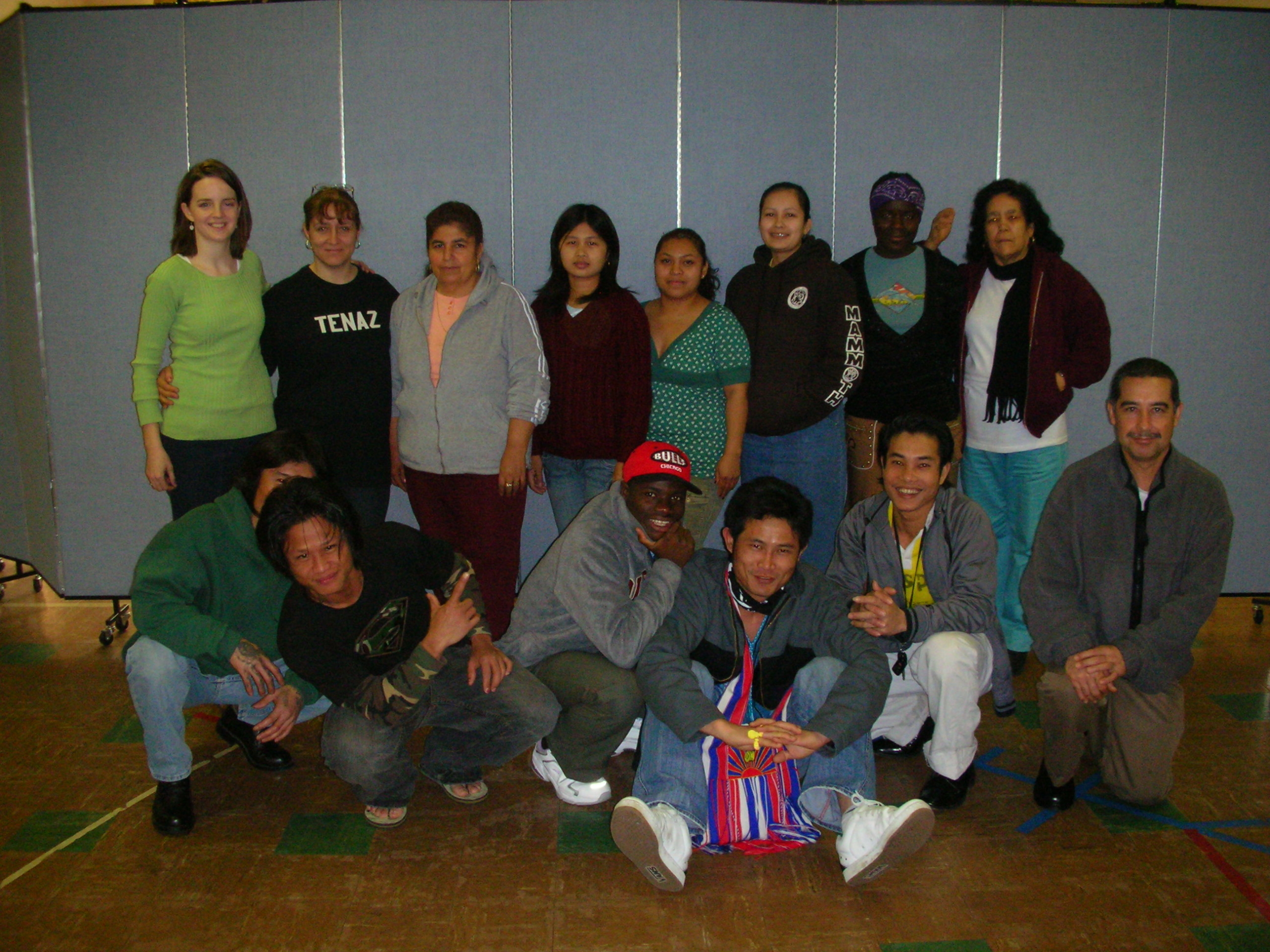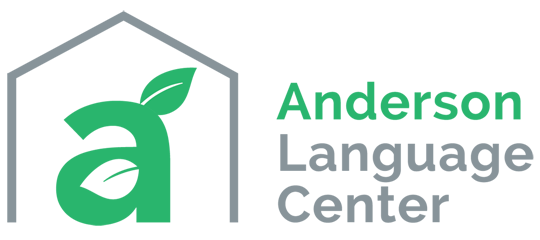
Demonstrated ability to use various classroom research procedures and to engage with the TESOL literature.
Description
The Observation Task and Extensive Observation Report were created for TESL 557: Reflective Teaching, taken in the Fall 2019 term with Professor Menar Metry. For the Observation Task, I made an audio recording of a lesson I observed. After the class, I transcribed 30 teacher questions and 5 question-answer exchanges from the recording and evaluated the questions based on type patterns (e.g., display, referential, etc.) and difficulty, following Wajnryb’s (1992) procedure for Task 2.2: The language of questions. For the Extensive Observation Report, I observed and audio recorded a two-hour class. Later, I wrote a description of the entire class, including transcriptions of teacher language, teacher-student exchanges, and the teacher’s use of visuals and materials. I then made reflective notes in four categories: I (interpretation of events), A (application to my own future teaching), Q (questions for further investigation), and R (connection to course readings).
Reflection
In considering alternative ways of collecting data, I realized that a video may have been more useful than an audio recording because it would have also captured the teacher’s actions, gestures, expressions, and the students’ responses. Instead, I had to rely on notes I had taken during my observation, and some of these pieces of information were missing. The benefit of audio recording is that the teacher is less aware of the recording device, whereas he may feel self-conscious if a video is being recorded. My most significant insight from this process was that my intuition about what is happening in a class is not always accurate, and only the collection and evaluation of data can show what is truly taking place. For example, I observed the frequency of teacher questions, but after analyzing the types of questions being used, I was surprised to discover that very few were truly open-ended.
Application
These reflective projects have highlighted the value of data collection and analysis, and I plan to continue to learn more about this process through reading professional journal articles (e.g., ELT Journal, TESOL Journal, TESOL Quarterly) and noting which research methods would work best in my own context. I have purchased the book Classroom Research for Language Teachers (Stewart, 2013), and plan to use this resource to guide me through the process of choosing a research project and writing an article about my findings to submit to the MIDTESOL Journal, a regional peer reviewed professional journal.
Stewart, T. (2013). Classroom research for language teachers. Alexandria, VA: TESOL International Association.
Wajnryb, R. (1992). Classroom observation tasks: A resource book for language teachers and trainers. Cambridge, UK: Cambridge University Press.
